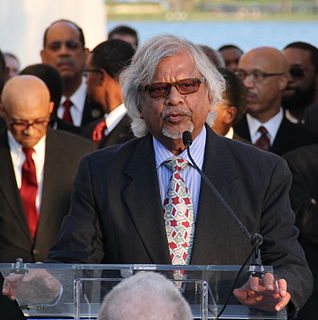A Quote by Gail Sheehy
As we reach midlife in the middle thirties or early forties, we are not prepared for the idea that time can run out on us, or for the startling truth that if we don't hurry to pursue our own definition of a meaningful existence, life can become a repetition of trivial maintenance duties.
Related Quotes
There is a time in our lives, usually in mid-life, when a woman has to make a decision - possibly the most important psychic decision of her future life - and that is, whether to be bitter or not. Women often come to this in their late thirties or early forties. They are at the point where they are full up to their ears with everything and they've "had it" and "the last straw has broken the camel's back" and they're "pissed off and pooped out." Their dreams of their twenties may be lying in a crumple. There may be broken hearts, broken marriages, broken promises.
Do we not see God at work in our circumstances? Dark times are allowed and come to us through the sovreignty of God. Are we prepared to let God do what He wants with us? Are we prepared to be separated from the outward, evident blessings of God? Until Jesus Christ is truly our Lord, we each have goals of our own which we serve. Our faith is real, but it is not yet permanent. And God is never in a hurry. If we are willing to wait, we will see God pointing out that we have been interested only in his blessings, instead of God Himself.
Your post-college years should be an exploratory time in your professional life. From your early twenties and on into your early thirties, you should feel free to explore your professional prospects. Keep an open mind, and don't expect to get everything right straight out of the gate. Be prepared to start over once or twice.
An entertainment is something which distracts us or diverts us from the routine of daily life. It makes us for the time being forget our cares and worries; it interrupts our conscious thoughts and habits, rests our nerves and minds, though it may incidentally exhaust our bodies. Art, on the other hand, though it may divert us from the normal routine of our existence, causes us in some way or other to become conscious of that existence.
Zen, like life, defies exact definition, but its essence is the experience, moment by moment, of our own existence -- a natural, spontaneous encounter, unclouded by the suppositions and expectations that come between us and reality. It is, if you like, a paring down of life until we see it as it really is, free from our illusions; it is merely a divestment of ourselves until we recognize our own true nature.
We're [humans] running great risks of doing things that will not be good for us. The cost can be very high indeed if we reach the point where we can't adapt to our own increasingly rapid adaptations. We run the risk of early extinction. So this certainly isn't a triumphalist story, but it is trying to get at what, in the very long run, leads to the amazing creatures that we are.
The Bauls say, "Don't try to force anything." Let life be a deep let-go. See God opening millions of flowers every day without forcing the buds, waiting, never in a hurry, giving their time to them. The Bauls say, "Everything happens at its right time, everything happens in its own season. Wait, don't be impatient, don't be in a hurry. All hurry is greed, and all hurry is a subtle fight." That which is going to happen will happen. Whenever it is going to happen it will happen; you need not fight existence. You can surrender, you can trust.
Satyagraha is the pursuit of truth. My grandfather believed that truth should be the cornerstone of everybody's life and that we must dedicate our lives to pursuing truth, to finding out the truth in our lives. And so his entire philosophy was the philosophy of life. It was not just a philosophy for conflict resolution, but something that we have to imbibe in our life and live it all the time so that we can improve and become better human beings.





































